Natural Resources
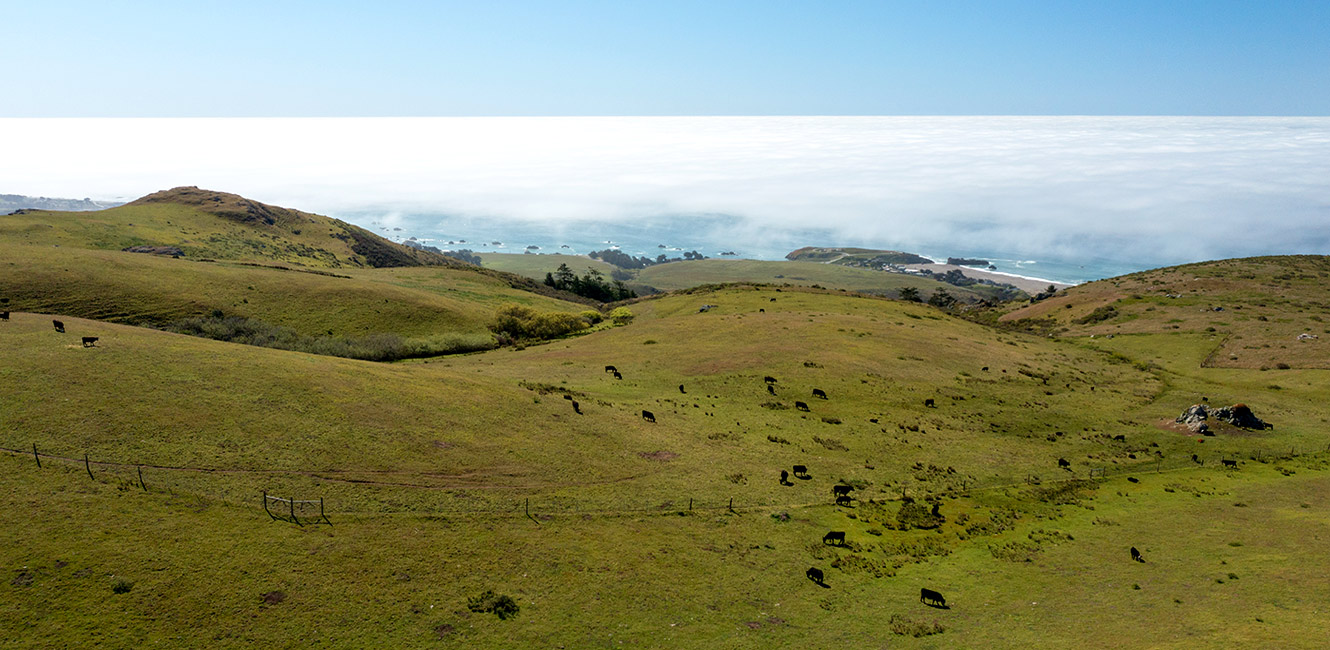
Sonoma County Regional Parks are home to diverse ecosystems that host rare, threatened, and endangered species. Our parks include coastal redwood and Douglas-fir forests, oak woodlands, coastal prairie and interior grasslands, rivers, vernal pools, estuaries and beaches. Our Natural Resource division protects, restores and stewards parklands across nearly 20,000 acres and 60-plus parks. This public land provides habitat and refuge for a wide biodiversity of birds, mammals, amphibians, insects, native plant species and more.
Natural Resources staff help preserve ecosystems, monitor wildlife and plant populations and control invasive species. Because wildfire is increasingly common throughout Sonoma County and the West, wildfire prevention andpreparation is a primary goal in our community. Our stewardship efforts help maintain natural areas to counter the effects of extreme weather and restore wetlands to support biodiversity. Wildlands and parks are also a key defense against climate change and act as carbon sinks, absorbing carbon dioxide and storing it in plants and soil.
The Natural Resources division focuses on the following program areas to help accomplish these goals:
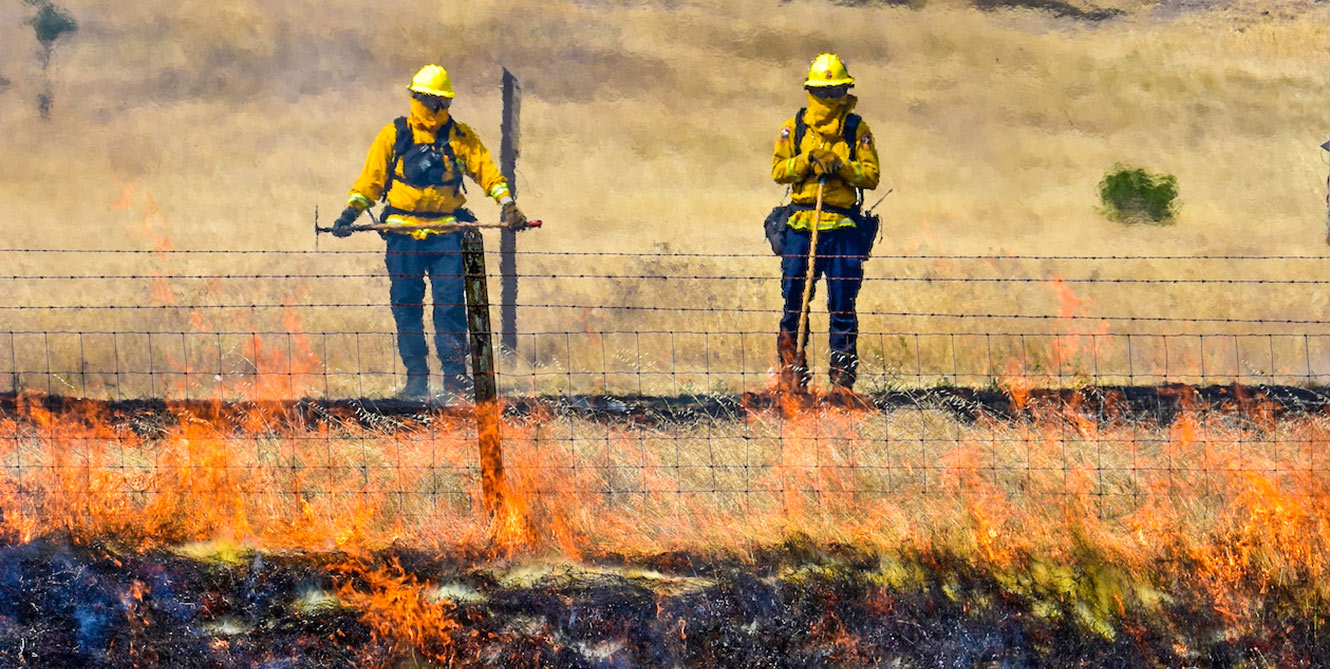
Prescribed Fire
Our goal is to use prescribed fire as one of the many management tools in our toolbox to transform our existing young and dense, forests and woodlands into mature, self-sustaining, healthy ecosystems that are reminiscent of the past and resilient to the ecological conditions of tomorrow.
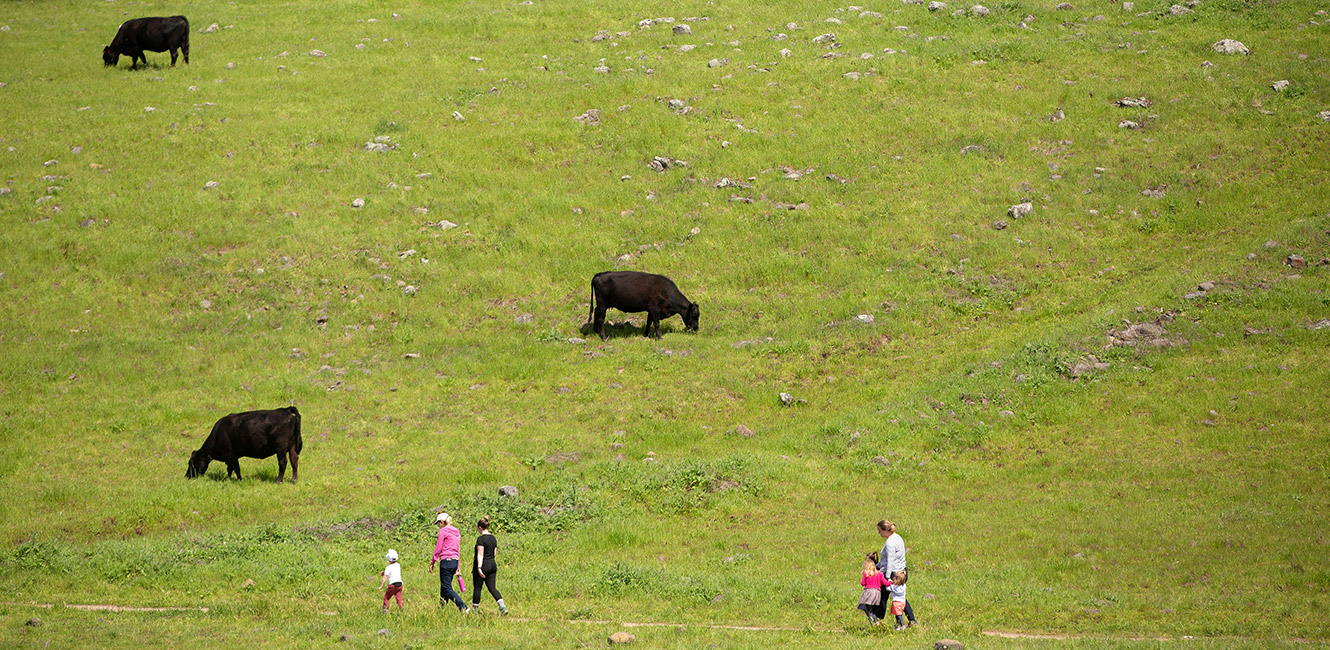
Grazing
We’re bringing herd animals into Sonoma County’s grasslands, which have adapted to benefit from this type of disturbance. Grazing helps reduce fire fuels, keeps invasive species in check and sequesters carbon.
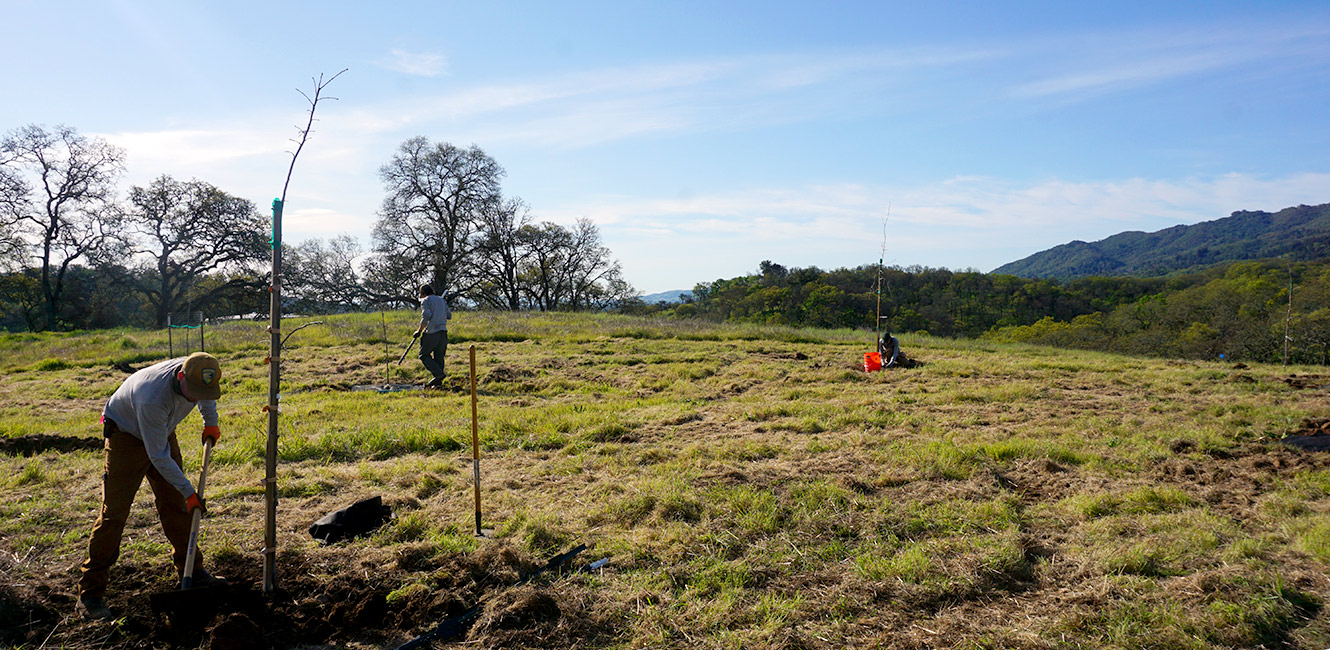
Habitat Restoration
We protect and restore the ecology and biodiversity in our parks, especially around creeks, ponds, vernal pools, and seasonal wetlands.
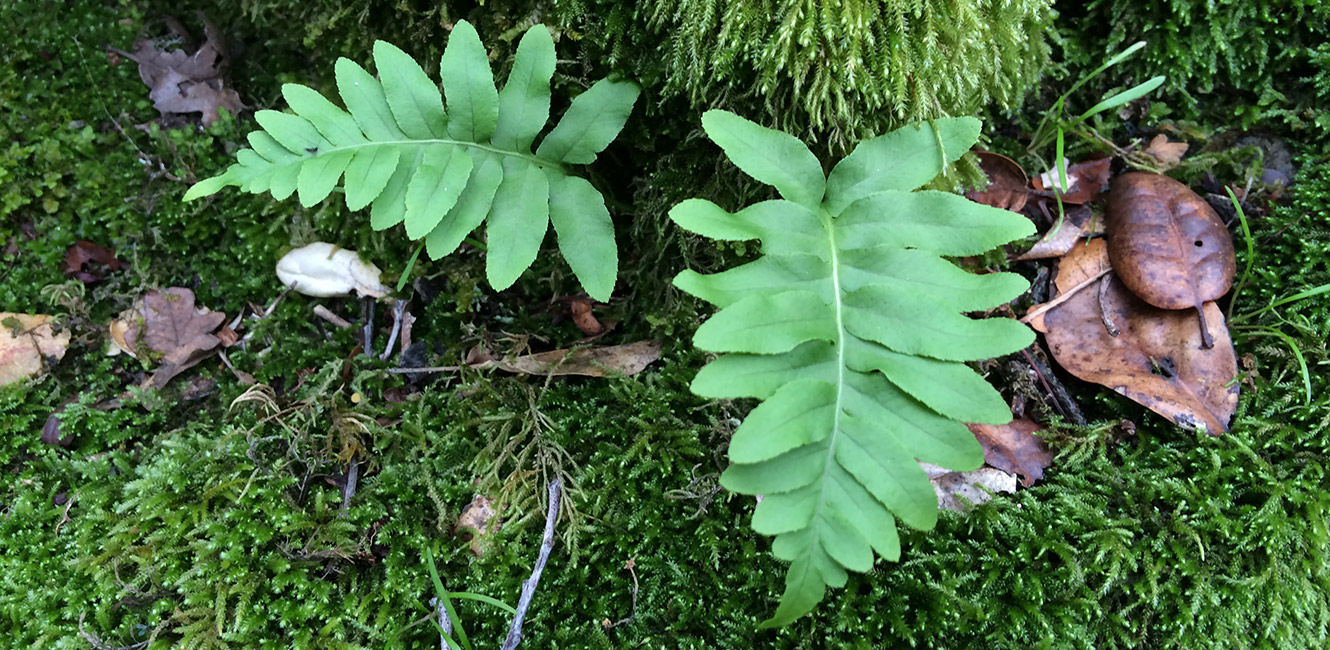
Biodiversity Stewardship
We steward parklands to support an array of ecosystems and species, including those that are threatened and endangered and we partner with conservation groups across the state ensure genetic diversity of species and create long-term conservation strategies.
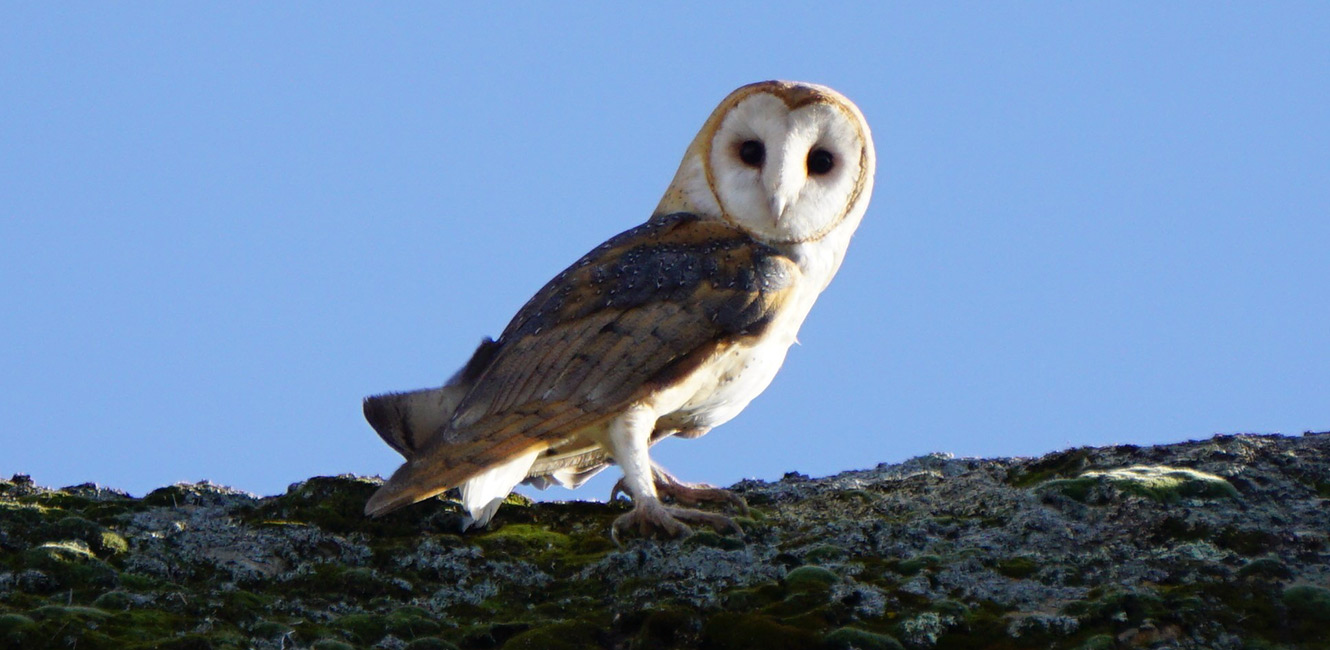
Wildlife
We research, protect and educate the public about the varied wildlife in our parks and preserve biodiversity.
Research and Special Use Permits
Universities and research institutions must obtain a Special Use Permit 30 days in advance to conduct research or educational classes in our parks. We encourage researchers to contact our natural resources team early to discuss research topics that may assist us with adaptive management of our properties.


 Translate
Translate